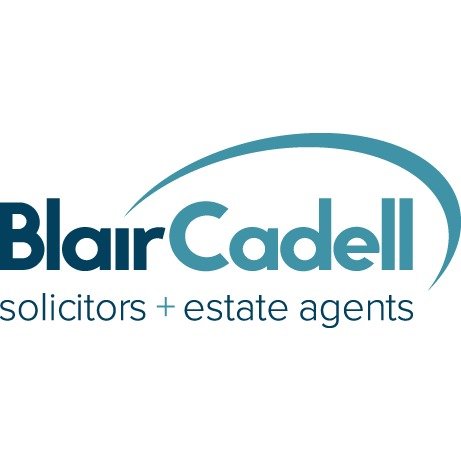Best Trusts Lawyers in Edinburgh
Share your needs with us, get contacted by law firms.
Free. Takes 2 min.
List of the best lawyers in Edinburgh, United Kingdom
About Trusts Law in Edinburgh, United Kingdom
A trust is a legal arrangement where one or more persons, referred to as trustees, hold assets on behalf of one or more beneficiaries. In the context of Edinburgh, Scotland, which follows Scots Law, Trusts involve a wide array of aspects including property, money, or other possessions. Trusts law in Edinburgh is complex because it encompasses various areas such as tax law, property law, and family law, necessitating expert legal guidance.
Why You May Need a Lawyer
Trusts, while offering numerous benefits like effective estate management and tax optimization, can be complex to navigate. If you are setting up a trust, a lawyer can provide expert advice that ensures the trust aligns with your needs and complies with local laws. Legal help may also be advantageous in scenarios such as dispute resolution, trust interpretation, trust administration oversight, and succession planning. If you're a trustee, a lawyer can assist you in understanding and meeting your legal obligations.
Local Laws Overview
The Trusts (Scotland) Act 1921, updated most recently by the Trusts (Scotland) Act 2018, governs trusts in Edinburgh and the wider Scotland. Among the essential elements in these laws are the trustees' duties, rights, and obligations, rules on trust creation, and provisions for beneficiaries. They also detail the impact of bankruptcy on trusts and the legal position should a trust fail. The Scottish legal approach to trusts differs significantly from those of England and similar jurisdictions, highlighting the importance of understanding local laws.
Frequently Asked Questions
1. Can anyone set up a trust?
Yes, any person deemed legally competent, generally over the age of 16, and not adjudicated bankrupt, can set up a trust in Edinburgh. However, it's advised to seek legal advice when doing so.
2. How many trustees should a trust have?
Scottish law generally recommends at least two trustees for a trust. If there's only one trustee, and they pass away or are unable to perform their duties, the trust may fail.
3. What kind of assets can I put into a trust?
You can put various types of assets in a trust, including money, property, shares, and other possessions. It's essential to seek legal advice to understand the implications of transferring different asset types.
4. Can a trust be altered after it's been set up?
Depending on the type of trust, changes may be possible, but they often require agreement from all trustees and beneficiaries or court approval. Certain types of trusts, known as 'irrevocable trusts,' generally can't be changed once established.
5. Are trusts public record?
No, trusts in Edinburgh are not public record. They are private arrangements, making them a good option for those seeking privacy in managing and distributing their assets.
Additional Resources
You may find useful resources on Edinburgh's local governmental bodies' websites, such as The City of Edinburgh Council and other organizations like The Law Society of Scotland. They provide online resources that can help you understand Trusts law and navigate its complexities. You might also find useful information on government websites like GOV.UK, which provide guidelines on trusts and inheritance tax.
Next Steps
If you need legal assistance on Trusts in Edinburgh, it's advisable to find a solicitor experienced in Scots Trust law. The Law Society of Scotland provides a Find a Solicitor tool on their website that can help you locate a suitable solicitor. Ensure to prepare a list of questions or concerns about your particular situation before your consultation to get the most out of your meeting.
Lawzana helps you find the best lawyers and law firms in Edinburgh through a curated and pre-screened list of qualified legal professionals. Our platform offers rankings and detailed profiles of attorneys and law firms, allowing you to compare based on practice areas, including Trusts, experience, and client feedback.
Each profile includes a description of the firm's areas of practice, client reviews, team members and partners, year of establishment, spoken languages, office locations, contact information, social media presence, and any published articles or resources. Most firms on our platform speak English and are experienced in both local and international legal matters.
Get a quote from top-rated law firms in Edinburgh, United Kingdom — quickly, securely, and without unnecessary hassle.
Disclaimer:
The information provided on this page is for general informational purposes only and does not constitute legal advice. While we strive to ensure the accuracy and relevance of the content, legal information may change over time, and interpretations of the law can vary. You should always consult with a qualified legal professional for advice specific to your situation.
We disclaim all liability for actions taken or not taken based on the content of this page. If you believe any information is incorrect or outdated, please contact us, and we will review and update it where appropriate.









